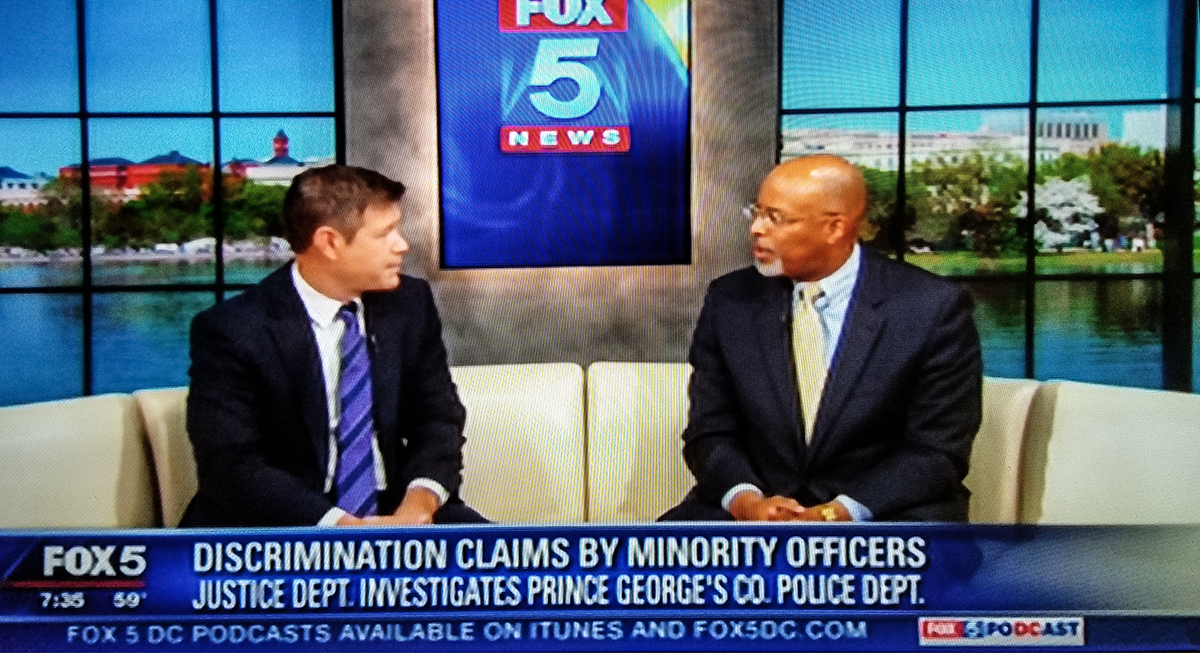
Driving Under the Influence (DUI) and Reckless Driving Offenses
There are four classifications of alcohol and drug-related driving offenses in Maryland:
- Driving under the influence of alcohol – DUI. [Maryland Transportation Code section 21-902(a)].
- Driving while impaired by alcohol – DWI: [M.T.C. section 21-902(b)].
- Driving while impaired by drugs and/or alcohol – DWI: [M.T.C. section 21-902(c)]
- Driving while impaired by a controlled dangerous substance (including marijuana) – DWI: [M.T.C. section 21-902(d)]
The maximum penalties for any first-time DUI/DWI conviction include:
- Up to one year in jail
- $1,000 fine
- Suspension of driver’s license
DWI (drug) convictions could bring lesser penalties, depending on the level of drugs that are present in your system if it’s a first offense. But a conviction of any DUI/DWI charge causes insurance rates to dramatically rise. A conviction could impact your personal and professional life for years. You will also incur demerit points against your Maryland driving record, which could endanger your license.
Reckless driving laws are prosecuted thorough Maryland Transportation Code section 21-901.1 due to the suspect’s willful disregard of the safety of other people or property. Penalties for a first time conviction are a fine of up to $1,000 and six MVA points.
Penalties for the lesser charges of negligent driving: [M.T.C. section 21-901.1(b)] and aggressive driving: [M.T.C. section 21-901.2] are not as serious. But those who are guilty of these offenses will still incur fines and MVA penalty points.
How A Criminal Lawyer Can Help
A defense attorney will help protect you, your rights, and your freedom right from the start. A common mistake people make early on in a criminal case after they have been arrested is waive the right to remain silent and the right to speak with an attorney before talking to or answering any questions from the police. This often stems from a mistaken belief that “lawyering up” is equivalent to admitting guilt or that by speaking freely to the police, the person will appear more innocent and cooperative. However, this tactic often results in people inadvertently and unintentionally incriminating themselves and ultimately, hurting their own cases. Having an attorney who can guide you and advise you as to what you should or should not do can help ensure that issues and mistakes like this never happen to you.

Ultimately, the relationship between an attorney and a client is predicated upon trust. You must be able to trust that your lawyer is experienced and knowledgeable and will work as hard as possible to obtain a favorable result in your case. Speaking to a defense attorney as soon as possible after you have been arrested or have learned that you are being investigated by the police will ensure that you’re getting the best possible legal aid for your particular case and that your rights are being protected. Learn more about Price Benowitz criminal defense practice group.
Free Case Evaluation











